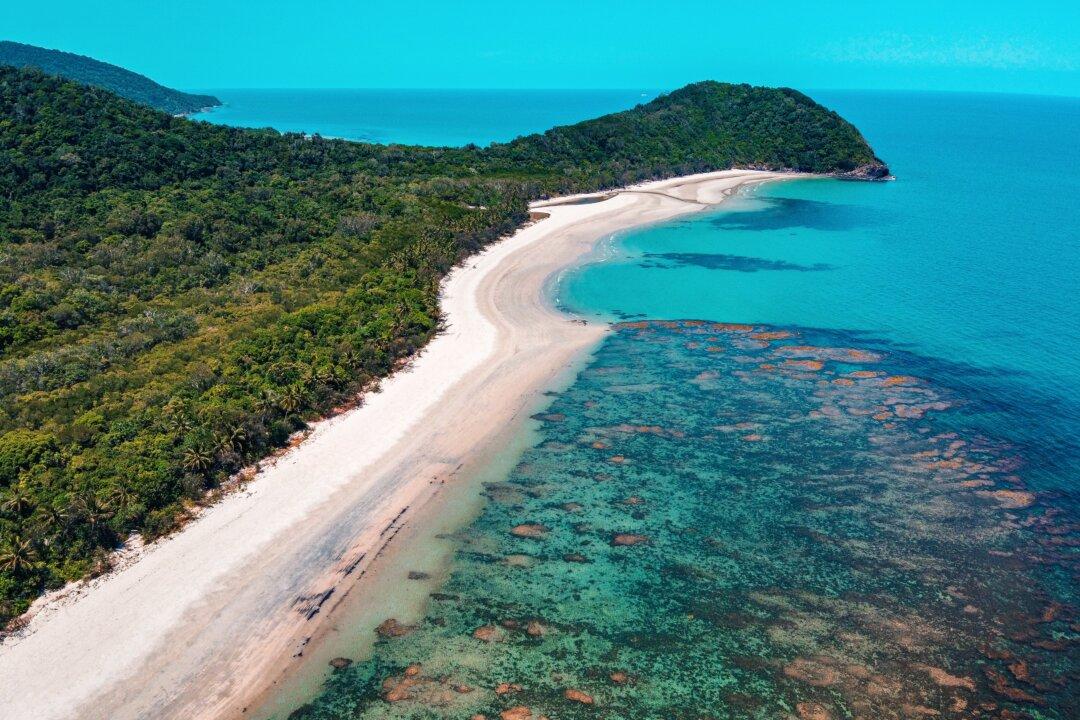A new report by Tangaroa Blue Foundation has revealed a deeper look at 24 tonnes of litter, the size of 24 elephants, that has been removed from areas along Australia’s Great Barrier Reef.
Thousands of consumer waste items including plastic bags, drink bottles, and cigarette butts were scooped up from 33 beaches last year as part of the federal government funded ReefClean program.






